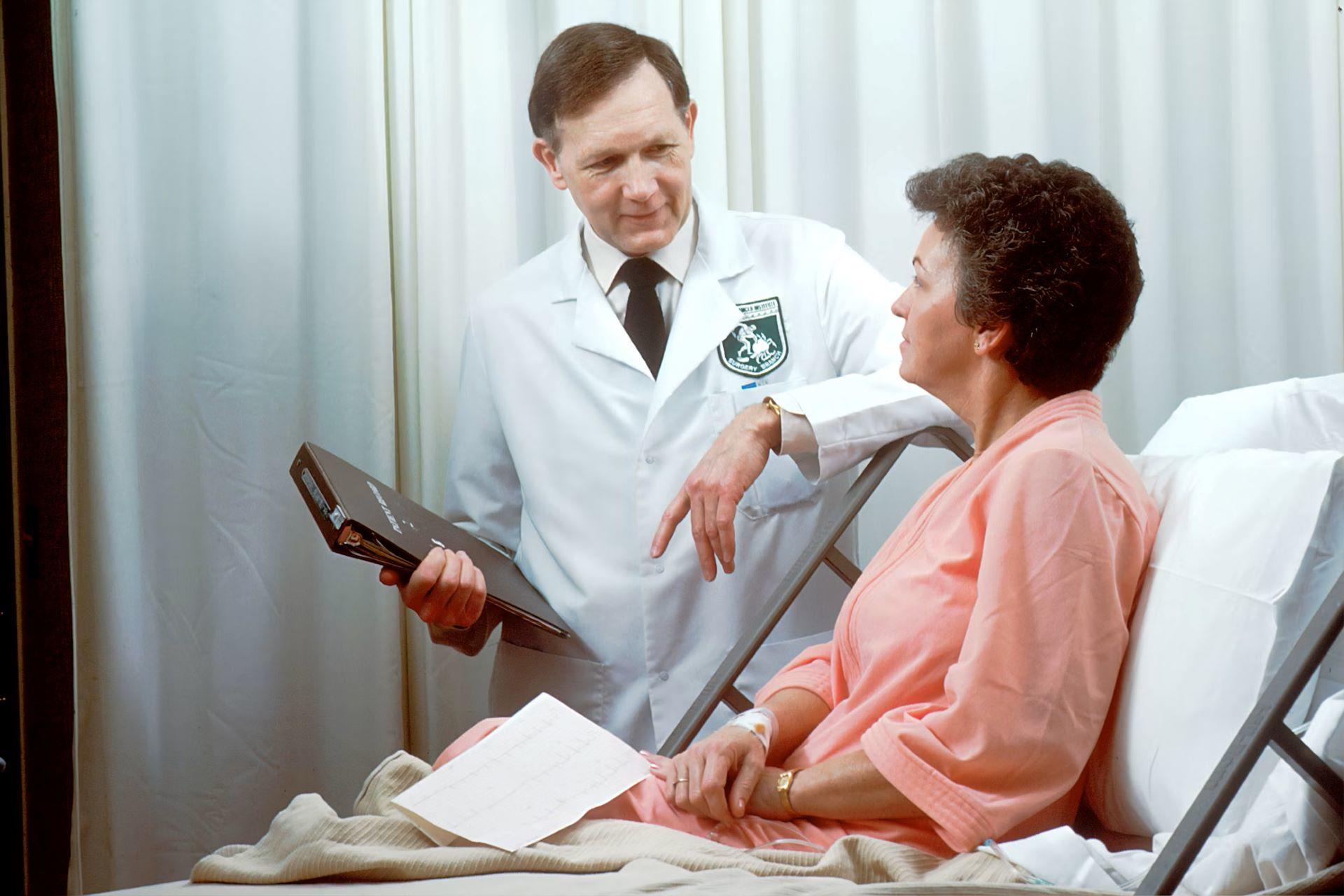There is a good reason why teachers are always encouraging students to pursue a career as a doctor. Doctors make a significant impact on the lives of others and are well compensated financially for the work that they do.
Look at the doctors the next time you find yourself around a hospital. You'll see how they carry themselves, interact with those around them, and how skilled they are.
Becoming a doctor requires more than medical knowledge; it demands diverse skills and qualities.
You'll need to possess a blend of medical knowledge, patient care skills, professionalism, effective communication, continual learning, and system-based practice understanding to excel in your field.
In this article, I'll discuss these skills and the practical expertise needed to thrive in medicine.
I'll also guide you on nurturing and refining these skills to meet the challenges of this demanding yet fulfilling profession.
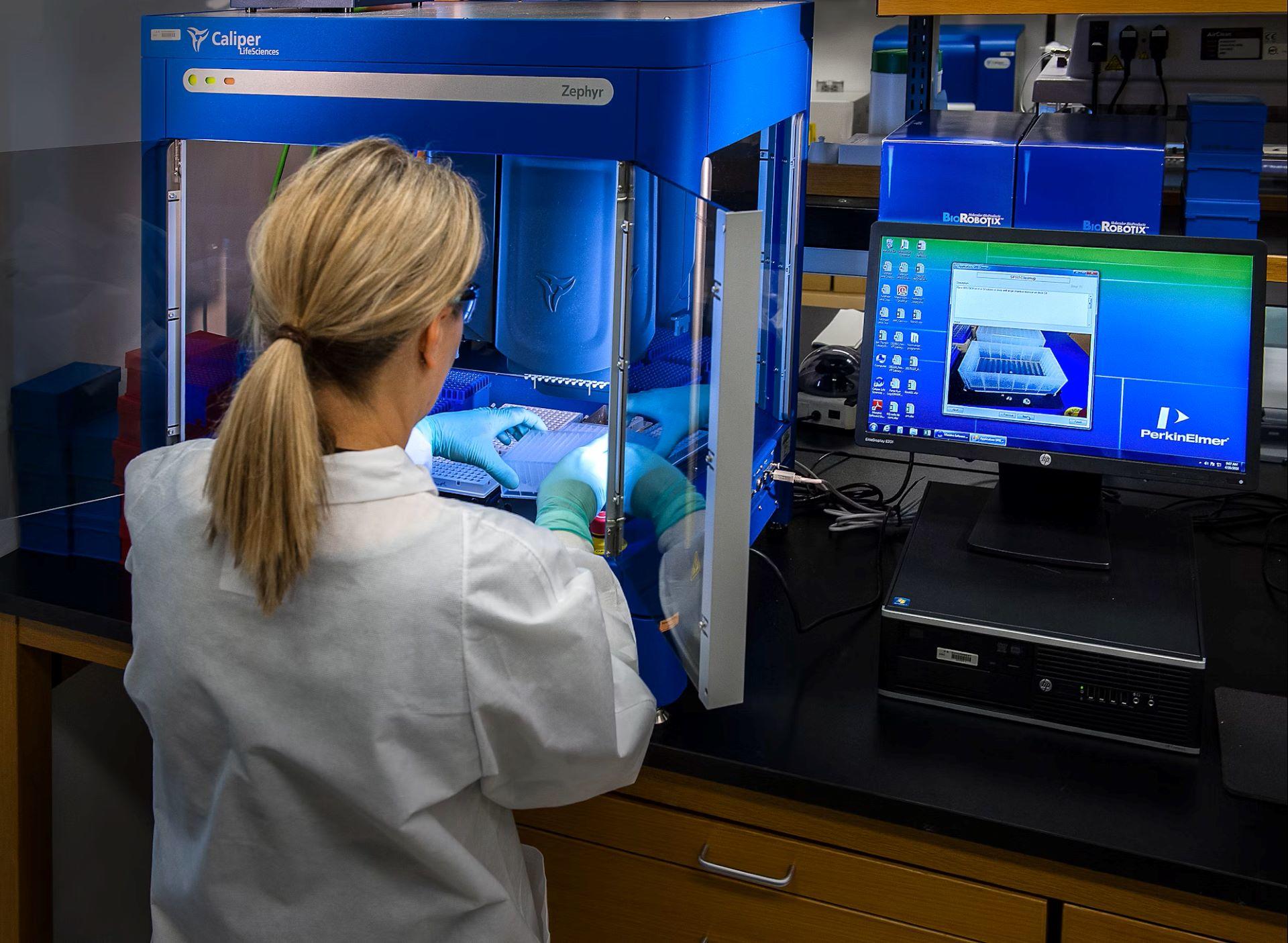
Suppose you aspire to pursue a career path as a doctor in the UK.
Choosing a medical speciality is a crucial first step, and with so many competitive options, doing everything possible to put yourself ahead of the competition is essential.

Soft Skills Required To Become A Doctor
It's not a secret that working as a doctor is extremely demanding. The fast-paced environment and the volume of interactions you will have with colleagues and patients in a typical workday create the necessity for a range of soft skills.
If you thought that you would have to graduate from medical school and be all set, then there is more to it than that. In addition to their technical knowledge, soft skills are crucial for doctors to provide patient care and work well with their colleagues.
Autonomous decision-making is probably the skill that you will find yourself relying on the most throughout the typical day as a doctor. While this is something that will only evolve as you gain experience as a doctor, it is no doubt the skill that correlates most with success in the profession.
Important soft skills for healthcare professionals include connecting with patients, handling conflicts, and communicating clearly and being empathetic with patients, families, and staff.
Emotional intelligence is also vital, as it involves understanding patients' emotions and viewpoints, managing emotions, and respecting all team members.
Problem-solving skills are also essential, requiring thinking, creativity, a focus on solutions, openness to ideas, and the willingness to ask questions.
Personal qualities like attention to detail, cultural sensitivity, a positive attitude, composure under pressure and confidence in one's abilities also enhance practice effectively.
Healthcare professionals are autonomous, empathetic, communicative, emotionally intelligent, creative, open-minded, detail-oriented, culturally sensitive, and confident.
Improve your technical knowledge and expertise skills through practising the following:
- During rotations, actively participate in clinical rounds, shadow specialists, and ask insightful questions.
- Dedicate time to regularly reviewing medical journals and attending relevant conferences to stay updated on the latest advancements.
- Explore online platforms and educational tools to access medical lectures, case studies, and practice self-assessment quizzes.
- Familiarise yourself with the latest medical software and equipment used in your field to ensure seamless patient care.
- Find experienced doctors willing to guide you and provide feedback on your technical skills and application of knowledge.
Honing soft skills is key for doctors. These skills build trust with patients, lead teams, and foster continuous improvement. Luckily, these can be developed throughout your medical career.
Here’s how to develop your soft skills
In the two years of studying medicine, students engage in time clinical training by rotating through different teaching hospitals, community trusts, and primary care settings to gain professional expertise in knowledge, skills, values and behaviours.
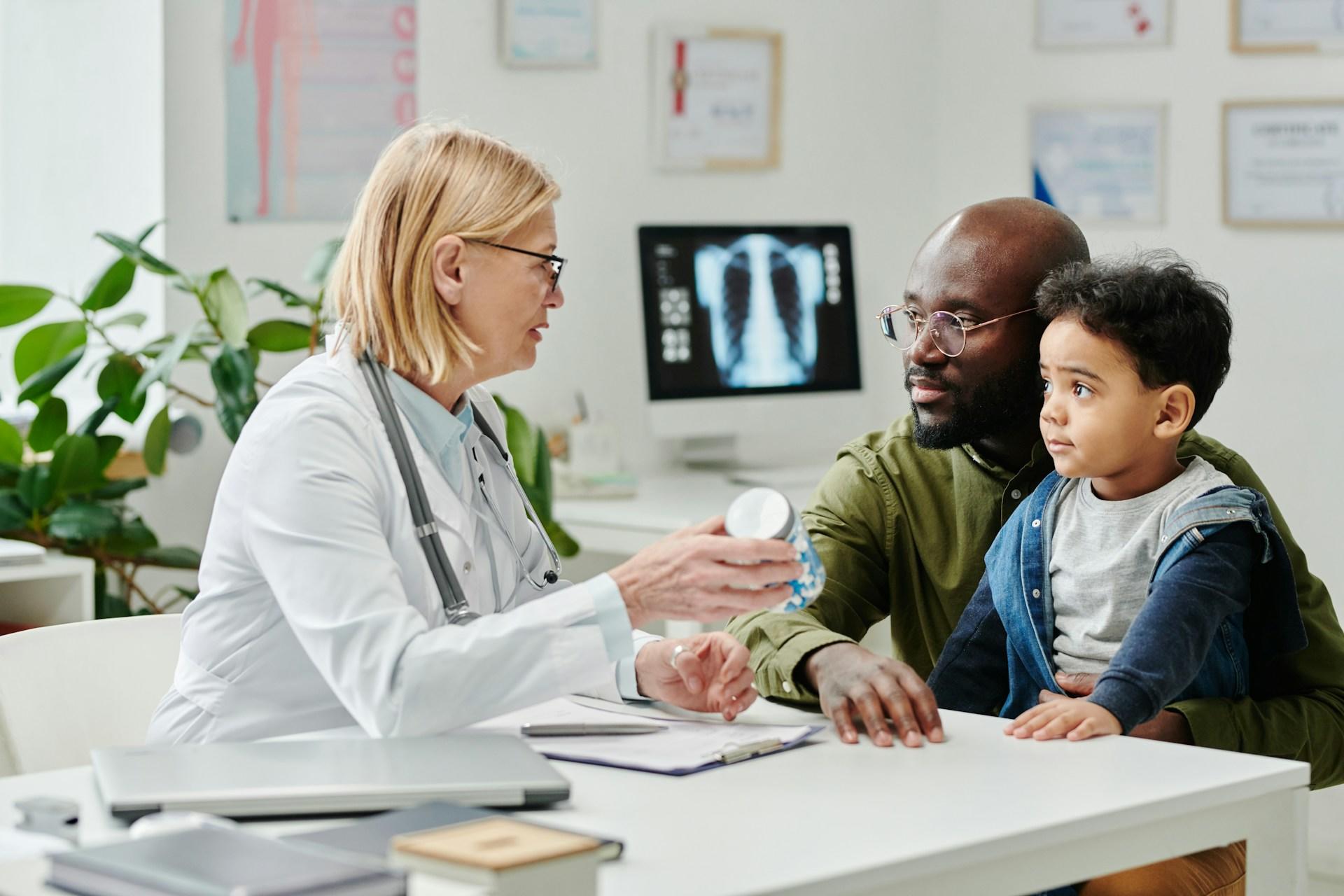
The medical program provides experiences and practical learning opportunities in the United Kingdom. This includes placements in surgery, specialised skills training, mental health, and community-based medicine.
Healthcare professionals must keep abreast of technological advancements, equipment, procedures and medications to enhance their capabilities. They need to apply these advancements in their practice effectively.
A grasp of medical record (EMR) systems is also crucial for storing, accessing and sharing patient information to ensure seamless care coordination and patient safety.
Proficiency in data analysis is vital for interpreting lab results and patient outcomes when making decisions. As telemedicine gains prominence with consultations, telemedicine skills are on the rise and increasingly valuable.
Volunteer in hospice care or patient advocacy groups. This provides practical experience in interacting with patients facing difficult situations, fostering empathy and emotional intelligence.
Participate in student government or healthcare-related organisations. These experiences can improve teamwork, conflict resolution, and leadership skills within the medical field.
Seek feedback from attending physicians and mentors on your communication and interpersonal skills.
The courses across medical schools in the UK have also shifted to cater to this, preparing candidates to meet the demands of a changing job market requiring doctors to develop various technical skills.
Becoming a Doctor: Technical Knowledge & Expertise
Okay, so now that we have the soft skills chalked down, let’s take a look at the technical side of things.
Your technical knowledge is arguably the most important, as it correlates with your competency to excel in the profession. However, a mix of these skills is crucial as a doctor due to the variety of tasks required in the profession.
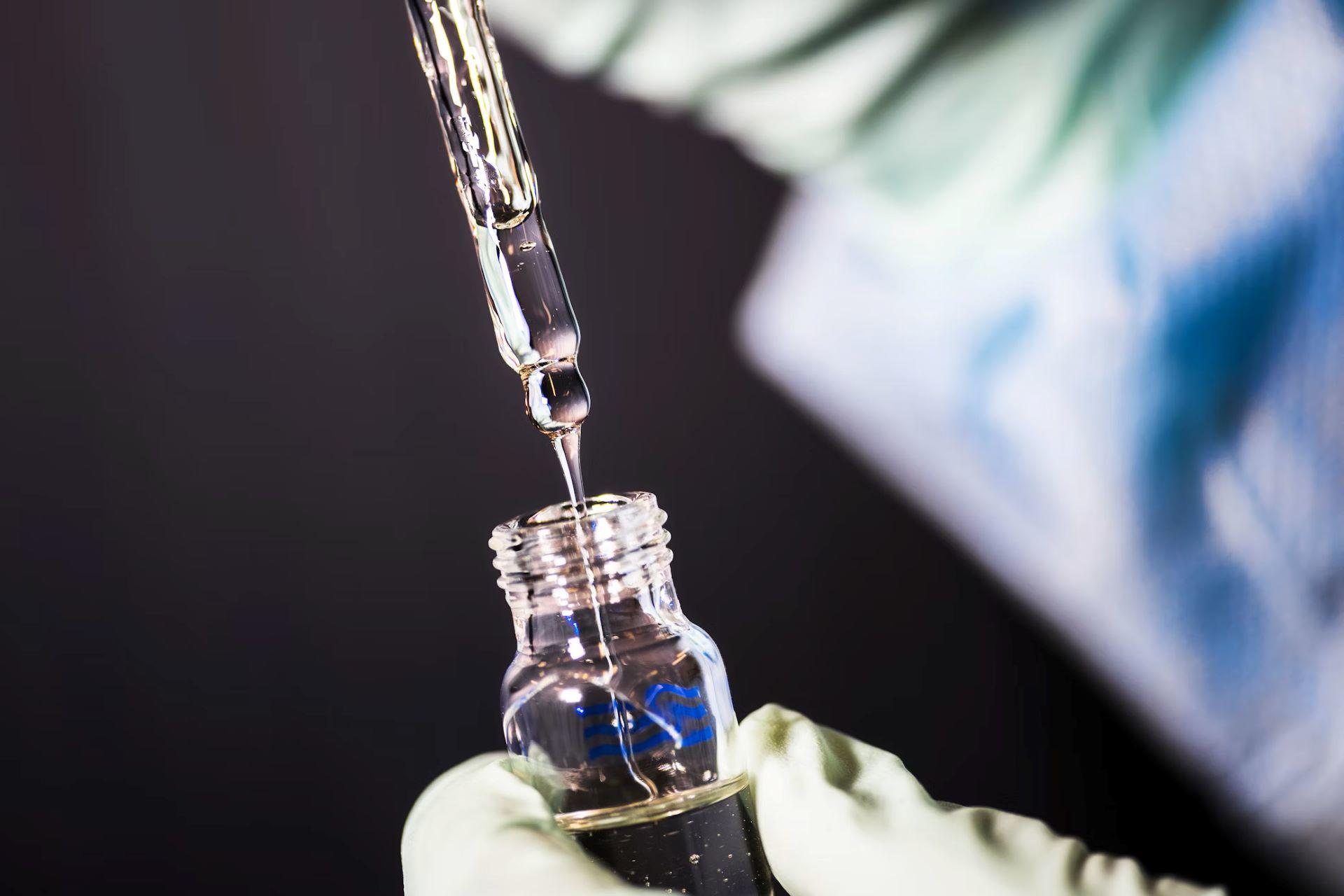
As a doctor, possessing robust technical knowledge and expertise is paramount to providing safe, effective, high-quality patient care. Key technical skills for medical professionals include:
- Clinical Skills: First aid/CPR, adhering to HIPAA regulations, checking and monitoring vital signs, assessing patient symptoms, diagnosing conditions, administering treatments, interpreting laboratory results, and developing comprehensive treatment plans.
- Medical Knowledge: Prescribing medication correctly, physically administering treatments, interpreting laboratory results, assessing symptoms, diagnosing conditions, providing follow-up care, and staying up-to-date on the latest medical research and advancements.
- Regulatory Practices: Knowledge of regulatory practices, chart requirements, state survey readiness, healthcare computer systems and databases, patient data analysis, and vital sign/behaviour monitoring.
The role of the average doctor here in the UK has changed somewhat to how it was a hundred years ago, or even fifty years ago!

Practical Skills of a Doctor
Now that we have covered two crucial building blocks that create a well-rounded and competent doctor, let's look at the last piece you need to work on.
Aspiring doctors must focus on developing practical skills to succeed in their field, covering various areas. These can be summed up in this quote by Khaled Hosseini:
Qualities you need to get through medical school and residency: Discipline. Patience. Perseverance. A willingness to forgo sleep. A penchant for sadomasochism. Ability to weather crises of faith and self-confidence. Accept exhaustion as a fact of life. Addiction to caffeine is a definite plus. Unfailing optimism that the end is in sight.
Khaled Hosseini
In the professional setting, using thinking and critical reasoning to diagnose and treat patients efficiently while upholding professionalism and communicating clearly with patients are fundamental components of using doctor skills.
Ways to Gain Practical Skills
- Keeping current with medical education opportunities such as conferences, workshops, and online courses is essential for maintaining knowledge and skills.
- Join role-plays and workshops and actively listen during interactions are key to effective communication.
- Connecting with professionals to seek mentorship can offer valuable insights, feedback, and guidance.
- Given the prevalence of cooperation with patients and other medical professionals during the typical workday, you will likely need to improve your communication skills.
When emphasising doctor skills on resumes or in interviews, it's important to demonstrate a mix of expertise and abilities, such as clinical proficiency and effective communication.
Providing examples of skill application in medical work experiences in cover letters and effectively explaining qualifications during interviews are significant steps.
Moreover, honing non-clinical skills such as office management, insurance procedures, medical coding terminology, compliance with HIPAA regulations and proficiency in health record systems can significantly improve your effectiveness as a professional.
How To Develop Your Skills As An Aspiring Doctor
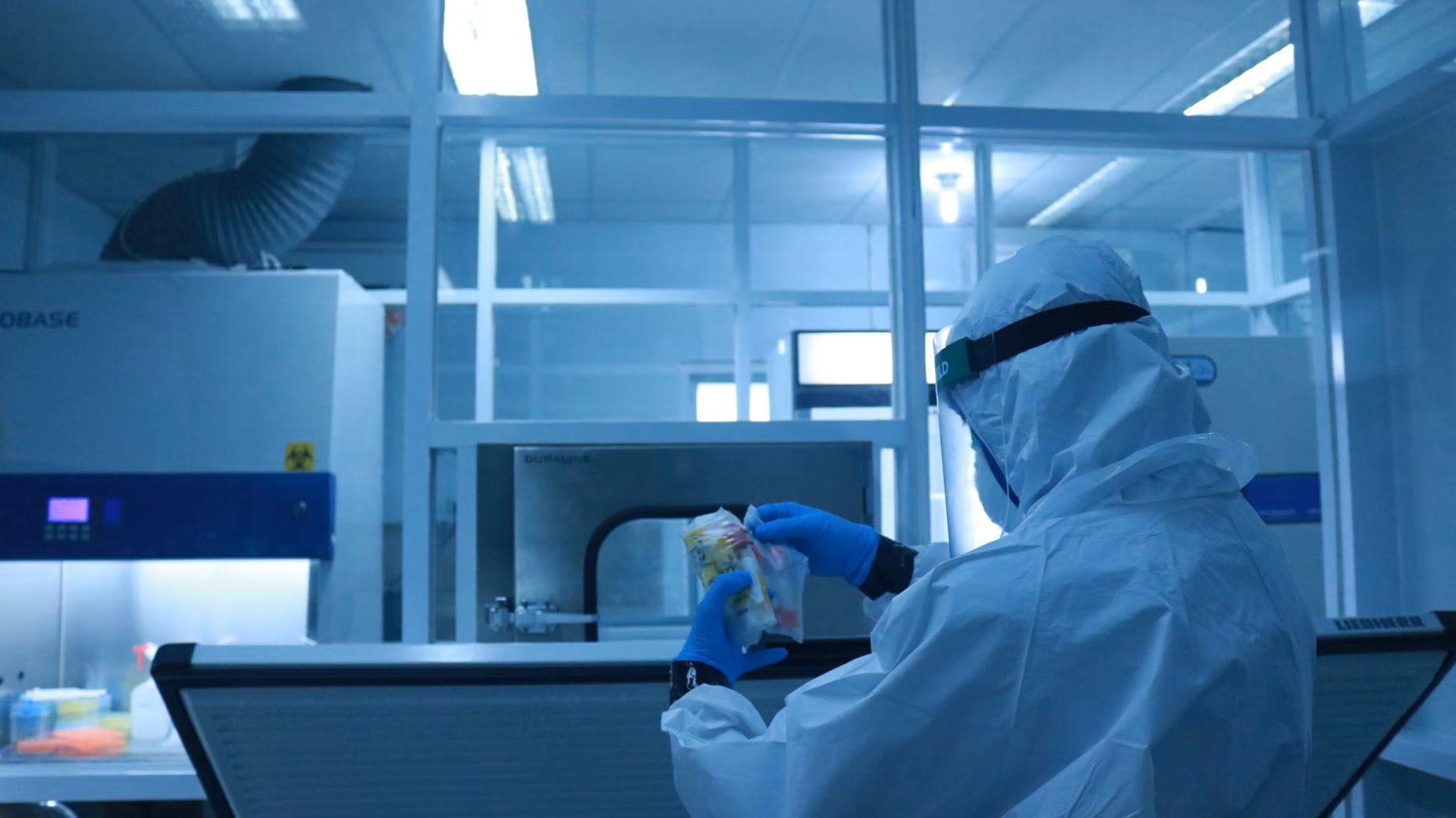
Now that you know exactly what you need to do to get to where you want to go in your medical career let me show you the way.
The first approach for improvement is taking courses and obtaining certifications in key areas like medical terminology, anatomy, physiology, and patient care. These courses lay a foundation and make you stand out from other candidates in a competitive field.
Gaining hands-on experience through entry-level roles in healthcare settings or volunteering at hospitals, clinics or community health organisations also provides exposure to care and interaction with healthcare professionals.
Getting involved in research is another way for aspiring doctors to enhance their skills by delving into research projects ranging from trials to epidemiological studies.
Finding a mentor in your field of interest con, contributing to research endeavours, and attending research events and seminars are all steps toward keeping up to date with the advancements in the field.
Teaching experience also benefits doctors by offering opportunities to share knowledge with students or aspiring healthcare professionals to conduct public health awareness campaigns or provide direct teaching at patients' bedsides and families.
Additionally, participating in quality improvement initiatives and audits enables aspiring doctors to pinpoint areas for enhancing healthcare practices, compare methods with established standards, and implement changes to improve care.
Life As A Doctor & Developing Your Skills
Suppose you are looking to work in the medical sector, not just in the UK but all across the globe. In that case, there are times when the resources can be extremely stretched, and life for doctors can become increasingly busy, as you'll know by following any UK doctors on Instagram.
As a doctor, it's necessary to sharpen your arsenal to provide top-notch care and keep up with the competition. For aspiring doctors, this journey starts with selecting the best A-Levels for Medicine.
Continuous training helps them stay current with advancements, reducing the chances of outdated practices putting patients at risk.
Furthermore, as standards of care evolve, doctors must continuously refine their skills to meet requirements and steer clear of issues. Actively seeking opportunities boosts a doctor's credibility and attracts patients seeking cutting-edge care.
Superprof is a great place to start and end your search for a medical tutor. You will have a host of experienced medical professionals to learn from.
This will save you countless hours of trial and error and provide a concrete roadmap of how you can elevate your career as a doctor in the UK.
By emphasising learning, doctors establish themselves as leaders, ensuring superior patient care in today's dynamic healthcare setting.
Summarise with AI:

